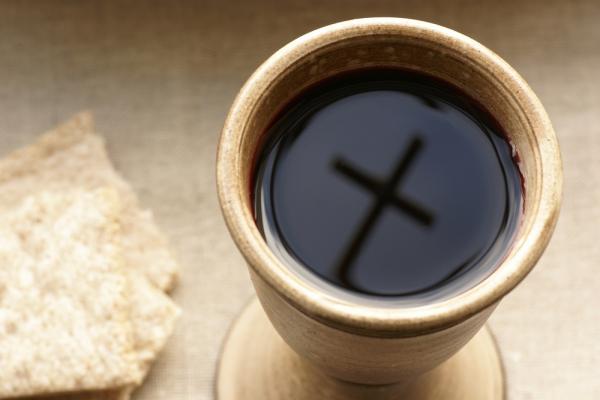Anyone who thinks much on theology will tell you that you go through patterns of thought. For a long time, I was intrigued — and still am in many ways — by the notion of Jesus as a “third way” prophet, offering something different than both church and secular culture most of the time. As I learned of different interpretations of the crucifixion, I became obsessed with nonviolent activism, and the idea of responding to force or bloodshed with something else entirely.
Now, my latest mental track is sacrament. I am interested in what makes something a sacrament, yes, but also in the power connected to sacraments and what human beings do with that power.
I am part of the Christian Church (Disciples of Christ), a denomination that has Alexander Campbell as part of its roots. Campell was notorious for supposedly causing a stir in his local church around the sacrament of communion. At that time, the Church handed out tokens to those it deemed worthy to participate in communion. No token? No communion. So this one particular day, Campbell entered the church with his token in hand, but when they offered the elements to him, he refused, tossing the token on the ground and walking out. He went on to help start the Disciples based, in large part, on the concept of the open communion table.
Read the Full Article

